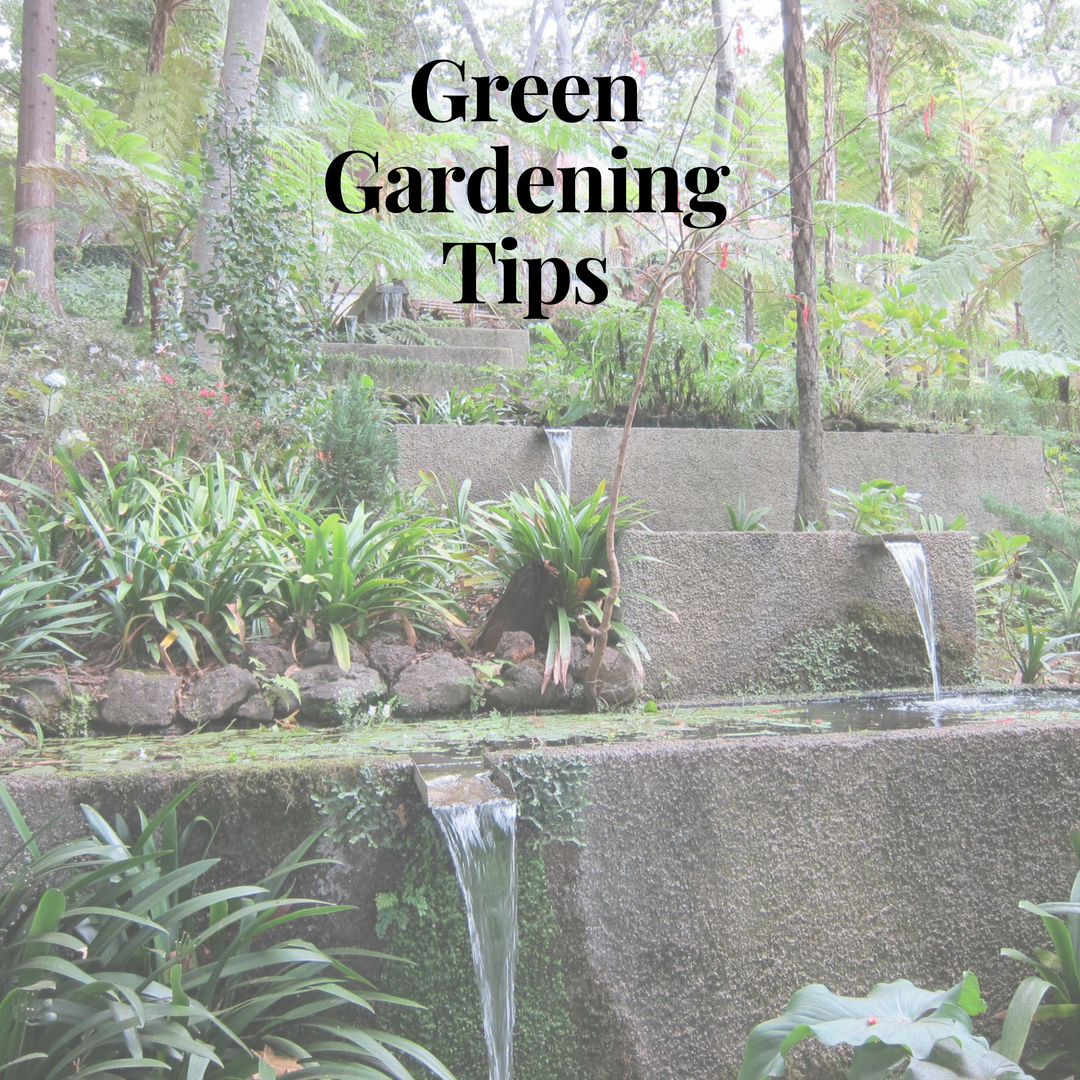Top Green Gardening Tips
Looking to go green, but unsure of where to take your first step? Try the greenest spot of your home: your yard. Green gardening is a great starting point for any journey toward a more earth-friendly lifestyle. It’s easy to get started, it’s fun, and changing how you garden in even small ways can have a massive positive impact via benefits such as reduced chemical usage and water consumption. Try these techniques for transitioning to green gardening:
- Conserve how much water you use. Start collecting rainwater in large barrels or containers — ideally with spigots — and use that water for your garden. Make sure to keep the barrels covered when it is not raining in order to prevent any mosquito infestations.
- Install a sprinkler system. Installing PVC pipe, sprinkler heads and control units might seem antithetical to green gardening, but being able to control exactly when different parts of your yard and garden are watered and for how long results in voluminous water savings. Ideal times to water are in the early morning and the cool of the evening to maximize the soil penetration.
- If you live in a particularly dry area, consider xeriscaping, which is landscaping with plants that have very meager water needs, while designing the yard in such a way as to prevent runoff and diminish evaporation.
- Start composting. Composting combines home and yard waste that is left to decompose in order to create not only the perfect plant food that is free of chemicals, but also one that helps the soil stay moist. Balancing your compost’s “ingredients” is essential, so read up on what you can compost, the correct ratios of ingredients and how to turn your compost.
- Adding mulch around your plants will help keep the soil moist, making your garden look attractive and well-tended.
- Vermiculture, a.k.a. “worm farming,” is a great way to improve your soil. Essentially, you keep a bin full of dirt, organic waste and worms and harvest the worm “castings” (what they leave behind after eating the dirt and garbage) to amend your soil.
- Use nature’s pest control. Put out bird feeders and perhaps a few bird houses to attract some feathered friends. Not only will the bird songs add cheer to your garden, but they also eat pesky insects that might otherwise eat your plants and flowers.
- Ladybugs are another great winged ally in the battle to bar bugs from your garden. You can buy them in most home stores and they absolutely love to dine on flower-destroying aphids.
Try to plant fauna that is local to the area. This helps reduce reliance on fertilizer, since native plants are more apt to thrive in your soil.




